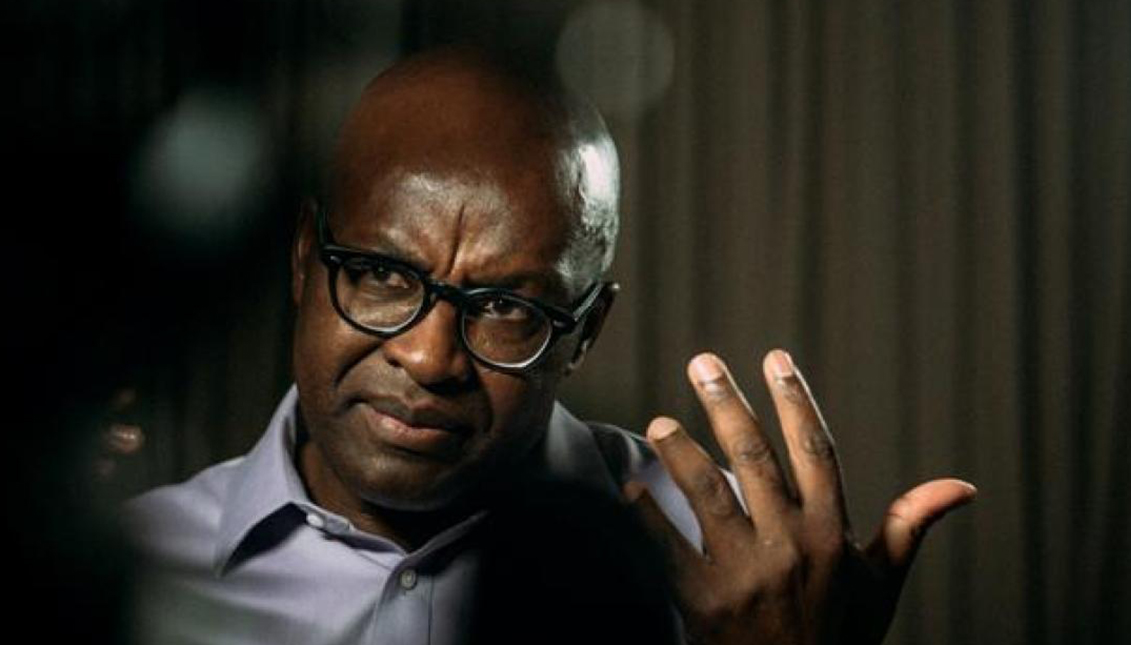
Post COVID-19: Will we be the same after the pandemic?
The renowned Cameroonian philosopher Achille Mbembe, father of necropolitics, reflected a few days ago on how the pandemic has democratized the power to kill…
The pandemic that is sweeping the world is exposing many of the holes in the system and how our political leaders and society as a whole are dealing with the threat of the virus.
A few days ago, the president of Brazil, Jair Bolsonaro, for whom productivity is more important than the health of his citizens, said about COVID-19 and how it is devastating his country: "Some will die... They will die. I'm sorry, that's life."
In North America, President Trump, who a few hours ago announced that he was suspending funding to the WHO, defined himself as a "cheerleader" for the United States.
Pompoms aside, the eminent Cameroonian philosopher Achille Mbembe reflected a few days ago on how the COVID-19 is changing how we think about the future and how we relate to our own body - "a weapon" and "threat", he said.
Since 2003, Mbembe has been studying the way governments legislate the life and death of their citizens, or what he himself coined "necropolitics."
To date, there are more than 1.4 million cases and 81,000 deaths worldwide caused by COVID-19.
When we leave our homes, we are warned that we can catch the virus or pass it on to others. "Now we all have the power to kill," said Mbembe. "Isolation is just a way of regulating that power."
The virus also does not harm all people equally. The elderly and those who suffer from pre-existing conditions are the most vulnerable, so health workers are finding themselves in the position of saving the young before the elderly — linked to a notion of productivity where the economy rather than life prevails.
"The capitalist system is based on the unequal distribution of the opportunity to live and die," said the Cameroonian.
RELATED CONTENT
"This logic of sacrifice has always been at the heart of neo-liberalism, which has always worked with the idea that someone is worth more than others," he said. "Those who are worthless can be discarded."
For the philosopher, this disease, which mainly affects our ability to breathe, forces governments and hospitals to decide who will continue to breathe. "The point is to find a way to ensure that every individual has a way to breathe. That should be our political priority," he insisted.
Our relationship with life and death is also changing during isolation, as we must now face the fear of our own end alone, "we cannot delegate our death to others." It is even happening in a totally cruel way, without us being able to mourn and say goodbye.
"Like garbage, we have to get rid of as soon as possible," complained Mbembe. "This logic of elimination is happening at a time when we need, at least in theory, our community. And there is no community without being able to say goodbye to those who have left, to organize the funerals. The question is: how to create communities in a moment of calamity?"
The biggest changes we will experience after the pandemic, in short, will be the way we see the body as a threat and the way we think about the future.
"Suddenly we don't know what tomorrow will be like," he concluded.











LEAVE A COMMENT:
Join the discussion! Leave a comment.